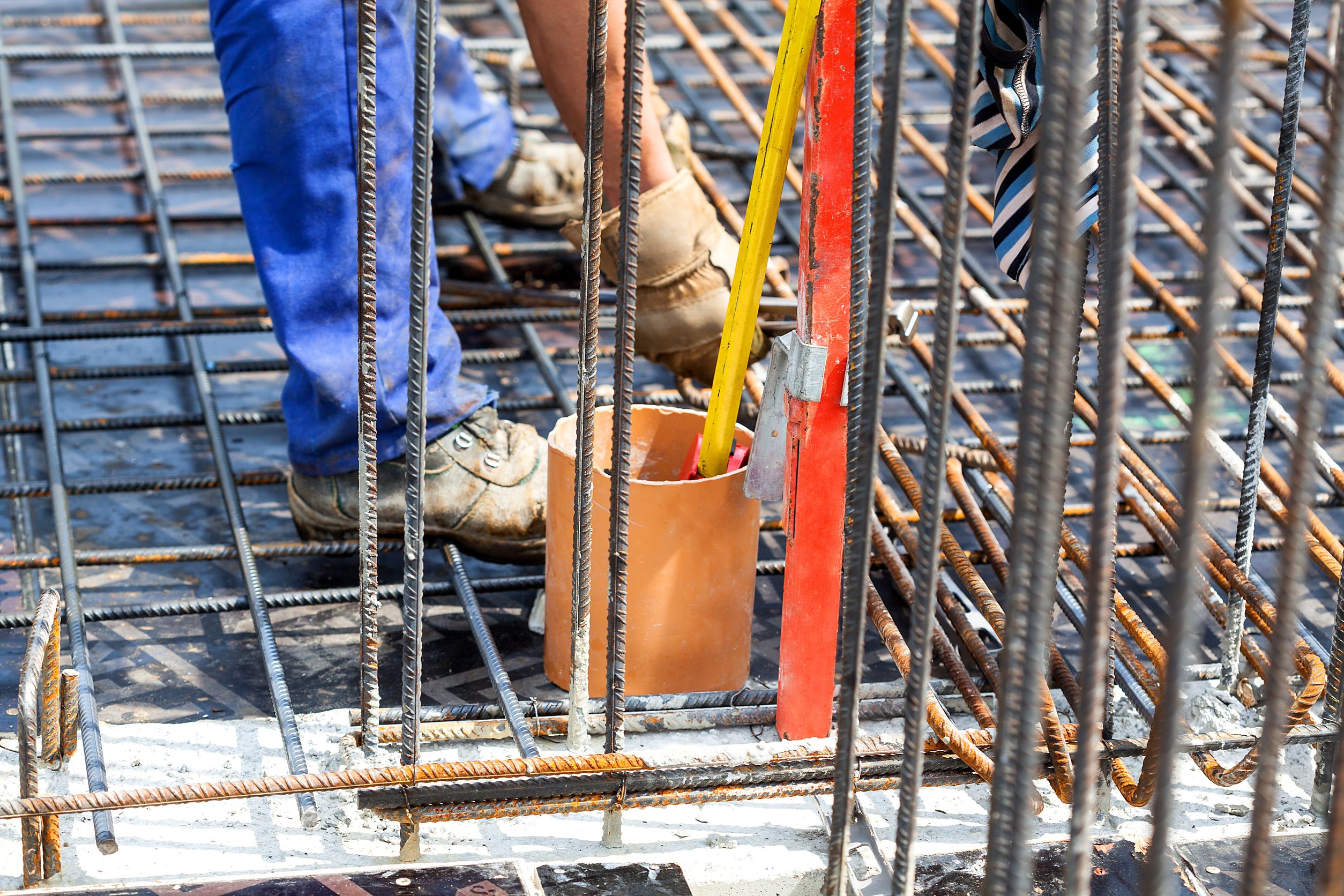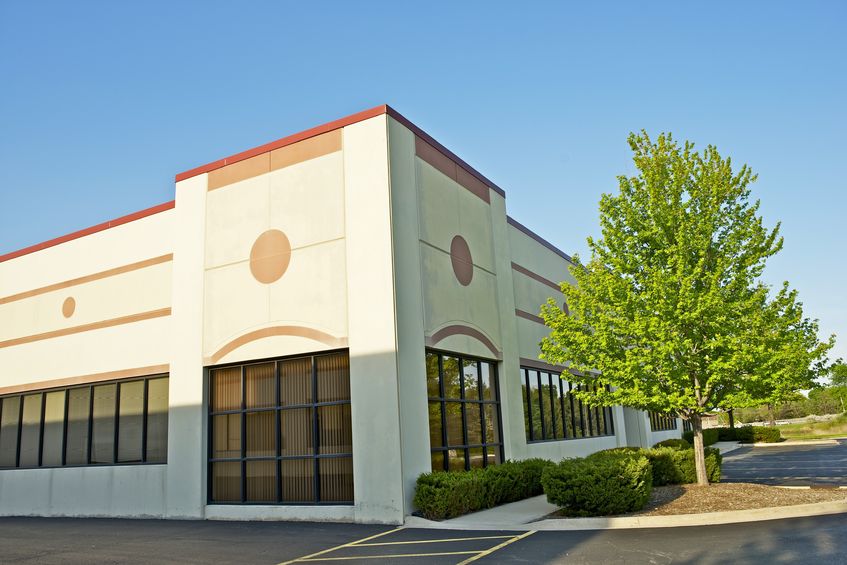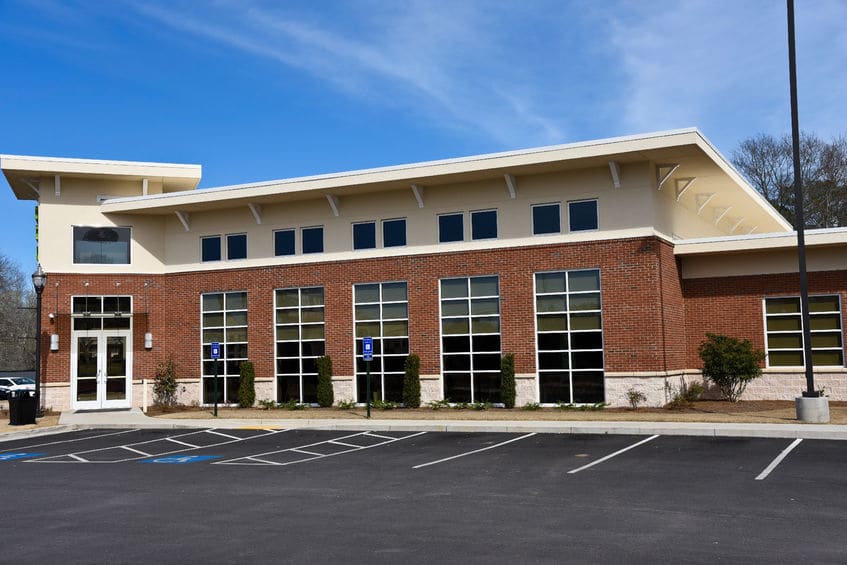
Construction Insurance — Frequently Asked Questions
If you own a small construction business, you have plenty of things to take up your time and attention, and insurance shouldn’t be one of them. The insurance requirements for construction companies are different than other types of businesses, and they can become overwhelming without the help of an expert insurance agent.
To help with all the research, the team at Harris Insurance put together this list of frequently asked questions about construction insurance and risk insurance for construction.
Do I Need Builder’s Risk Insurance?
Builder’s risk insurance only applies to certain projects, but if it does apply, it’s important to have. This type of insurance covers damage to buildings while they’re under construction, such as in the case of natural disaster. This helps you recoup money for your lost materials and time.
Builder’s risk insurance is important for construction companies or contractors who:
- Work on long-term construction projects.
- Store expensive materials and supplies at the work site.
- Comply with local building codes.
- Have contract requirements.
Unlike standard property insurance, which covers materials that are kept at your place of business, builder’s risk insurance covers damages and loss at the work site itself. If you’re working on a structure or building that will take over a day to complete, builder’s risk insurance covers your supplies, equipment, materials and time until it’s completed and your client signs off on it.
Am I Liable for the Work of My Subcontractors?
Construction companies and contractors often use subcontractors to complete portions of the work. The contractor is the leader hired to complete a project, and the employees that are hired to complete or expedite a project are the subcontractors. These are not long-term employees, but employees who are hired for short-term work and have a temporary working relationship throughout the course of the project.
If one of your subcontractors causes damage to your project or the business and they don’t have the proper coverage, you could end up liable.
That said, you may not need to provide liability insurance for your subcontractors, provided they are covered by a different liability policy. Ultimately, you still need to be sure that everyone responsible for your project is properly insured and you’re covered.
In these cases, you can either require all your subcontractors to have their own insurance coverage, or you can add subcontractors to your general liability insurance or contractor’s liability insurance.
For most, the best option is to ensure that any of your subcontractors carry their own liability insurance. This is common practice and should be included in the contract, but you should still check their certificate of liability insurance to be sure that it’s adequate and current.
It’s not always feasible to have subcontractors with their own liability coverage, however. If this happens, you can add them as “additional insured” on your existing policy. With this option, you’re only covering the work they do under your contract, so you won’t be liable if they have damages elsewhere.
In either case, be sure to discuss your insurance requirements with your subcontractor prior to hiring them.
What Is a Surety Bond?
A surety bond is standard practice for many construction and contracting companies. If you sign up for a new construction project or renew your license, you’ll need a surety bond. These are sold through an insurance company, but the bond is an agreement, not insurance.
With a surety bond, the insurance company agrees to cover the damages to a third party if you fail to deliver some part of your work agreement, and you then repay the insurer. This is how small-business construction companies and contractors are able to offer financial guarantees.
The most common surety bond for contractors is a permit or license bond, which is a financial guarantee to the government office that licensed you. This is because local governments can be sued for licensing you, so they want to protect themselves.
What Is Workers’ Compensation Insurance for Contractors?
Workers’ compensation laws vary between states, but almost all states require some form of workers’ compensation insurance. At the least, your company must have coverage for your employees, but some states also require coverage for subcontractors, to protect against workplace injuries, accidents, lost wages and potential lawsuits.
Your workers’ compensation insurance will cover medical expenses and lost wages if employees are injured while working on a construction project and are unable to continue working. Employer’s liability insurance, which is additional workers’ compensation insurance, covers lawsuits and settlements that result from workplace injuries or accidents.
What Does General Liability Insurance Cover for Contractors and Construction Companies?
General liability insurance covers the cost of lawsuits brought on by third parties over bodily injury or property damage caused by one of the employees or the business itself. This type of insurance covers legal fees, settlement costs and damages, regardless of whether you’re found liable. These policies cover:
- Property damage.
- Client and third-party injuries.
- Reputational injuries.
- Problems with construction or installation (completed products).
Completed products coverage is an addition to general liability coverage. This type of insurance covers damages over repair costs, deterioration or other financial losses for a client or third party that could result in a lawsuit for your failure to deliver as promised.
General liability with completed products coverage isn’t the only type of insurance you need for your construction or contracting business, but it does include many of the biggest and most expensive risks your business could face.
Get Your Construction Insurance Coverage
If you’re in need of construction insurance coverage, Harris Insurance can help. We offer the area’s largest selection of A-rated national companies with quotes for you to compare. We’ll always fight to find you the best quote possible, and our experienced agents are always here to answer your questions and concerns. Contact us today for your free quote.




